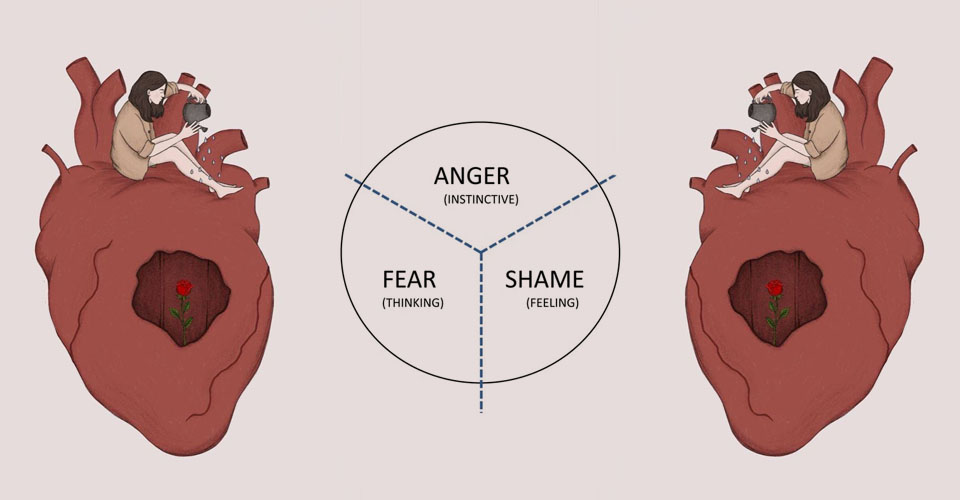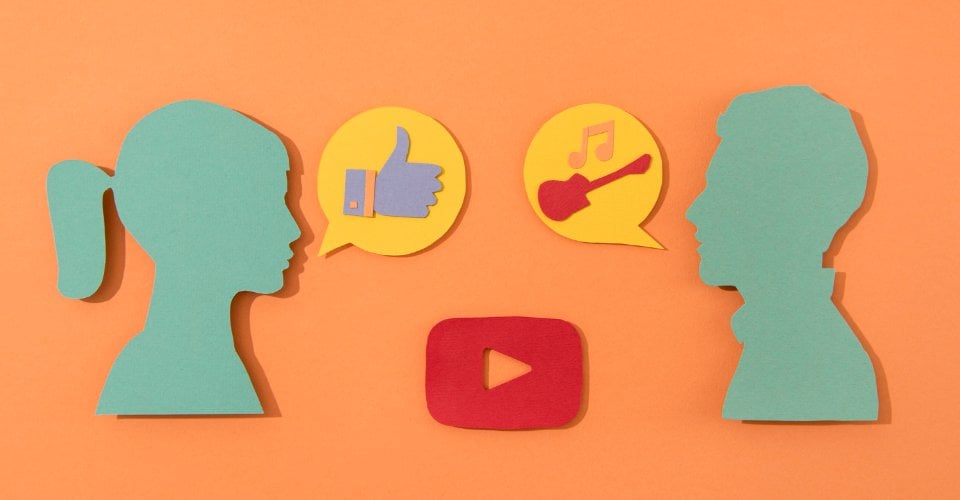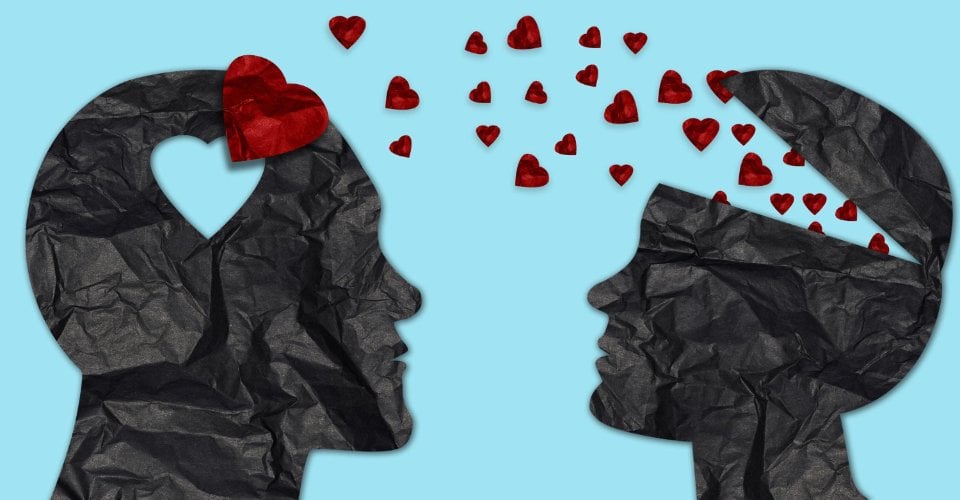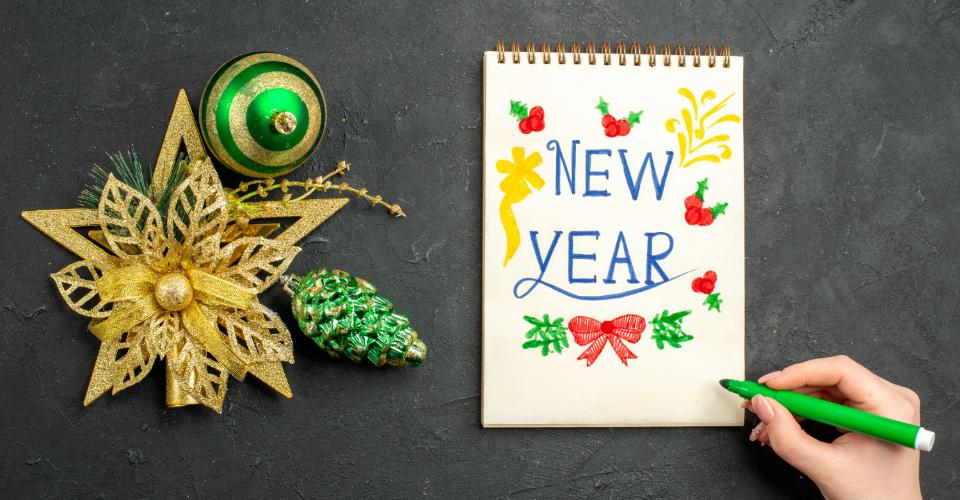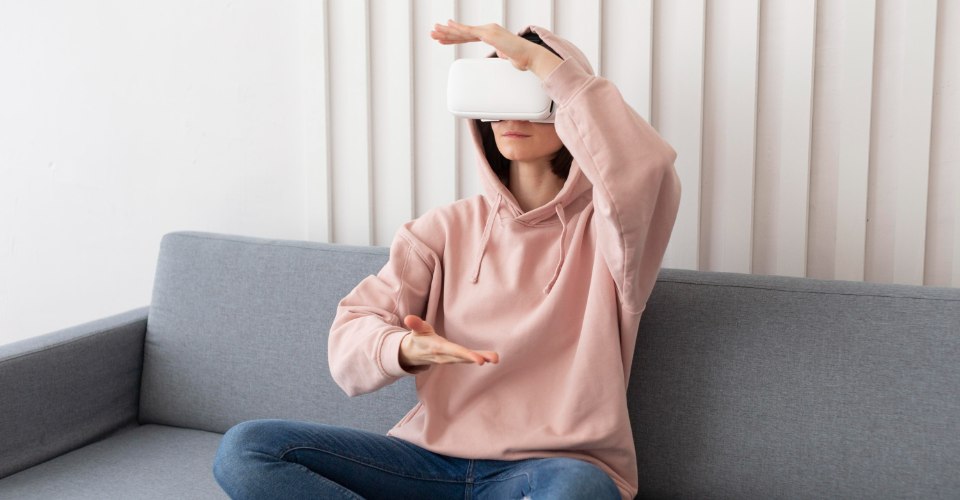On a path to better self-awareness and development, the Enneagram is a powerful personality typing system that can help you better understand yourself and others. The Enneagram can be used for personal development. It has also been used in businesses and organizations to help people work together more effectively.
The Enneagram is a nine-pointed diagram representing the nine different personality types. A different number represents each type, and these numbers are grouped into three distinct triads. The Enneagram triads are;
- The Heart Triad: Types 2, 3, and 4
- The Head Triad: Types 5, 6, and 7
- The Gut Triad: Types 8, 9, and 1
As you can see, each triad represents a different way of perceiving and interacting with the world. Each type has unique strengths and weaknesses, and knowing which triad you belong to can help you better understand yourself and others.
This article focuses on the Enneagram Heart Triad and its issue of shame. We will also look at some ways to deal with shame in a healthy way.
What is the Heart Triad?
In the Enneagram, the Heart Triad consists of the types Two, Three, and Four. They are known for being able to feel and express emotions deeply and are also highly attuned to the emotional needs of others. Each type within the heart triad is unique and can also have characteristics that connect them to adjacent types. This is called enneagram wings. A person can be an enneagram type 3 wing 2 – This means that their core type is 3 but have some characteristics consistent with 2s.
However, the Heart Triad is not without its challenges. The most crucial thing to focus on in the Heart Triad is shame. They are called the Shame Triad because it is their primary emotion.
Shame is a deep feeling of embarrassment or humiliation that can be debilitating. It is a complex and difficult emotion to deal with. It is often rooted in our early childhood experiences and can be triggered by a number of different things. If we can understand our shame and learn to deal with it healthily, we can move forward in our lives with greater ease and self-acceptance.
How Each Enneagram Reacts to Shame
All people feel shame. It’s part of being human. Heart triads feel it at a deeper level. Shame can manifest itself in many ways— behavior, relationships, and careers. The types in the heart triad build their identity around how others perceive them. If they begin to feel unwanted, unloved or disrespected, that can be a source of shame.
People with a rigid sense of self are most likely to feel shame when others don’t respond to their whimsical standards. Becoming aware of how shame affects your behaviors can be life-changing. How does each type deal with shame?
Type 2
Type twos are lovers. They love freely and are the ones to make themselves uncomfortable to help people that they care about. Twos are incredibly sensitive to the emotions and desires of others, frequently before those people are even conscious of their own. They struggle to feel worthy of love and feel shame around rejection and unrequited love.
Shame around being unloved and unwanted can cause twos to develop unhealthy means of avoiding rejection. Twos who haven’t found a way to cope with the need to be loved can develop a savior complex. They believe that they need to solve others’ problems to be loved; without that, they are not worthy of love.
To cope with their need for love, twos ought to understand that quality love is non-transactional. They need to learn to dismantle their identity around being needed and set boundaries in relationships. And while twos are attuned to the needs of others, they tend to ignore their own needs. They first have to learn to care for themselves before caring for others.
Type 3
This type is goal driven and enthusiastic about success. They tie their identity to achievements and place the approval of others above all else. Threes can adapt to whatever image that they believe people admire or respect.
Because approval is the core of their ambition, their lives can become monotonous. Constantly focusing on what those around them consider valuable. This makes them highly influential and passionate. Threes love to bring out the best qualities in those around them. The trouble comes when they are rejected. They feel shame if they are not given the attention and respect they crave.
Three’s need to dig deep to find their true passions outside of what people expect from them. They should strive to be their authentic selves. At their core, there’s a fear failure and avoid situations that they might not be immediately adept at. Even if they fail, they should still be open to exploring adventures and taking risks.
Type 4
People of this type love to stand out. The core of their personality is individuality. They never want to blend in with the crowd. They are the most likely to make mistakes. They crave uniqueness; a source of shame is the lack of individual significance. They feel incomplete if they do not have a unique identity that sets them apart.
They believe that they must be special to be loved and feel inadequate if they are not accepted as they are. To cope with shame, they must focus more on being their authentic selves rather than striving for the perfect image of uniqueness.

